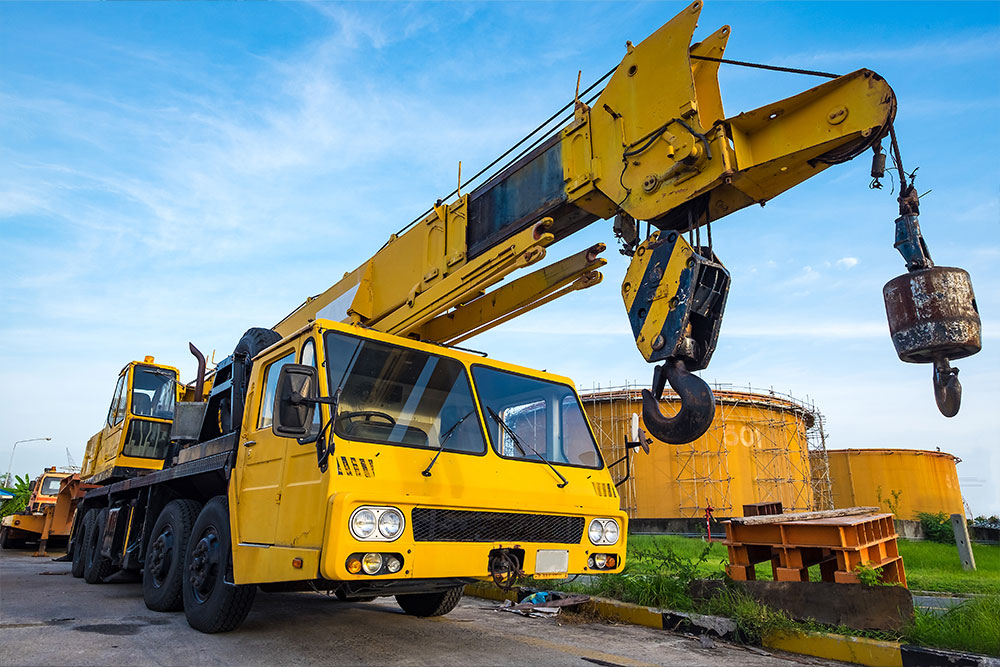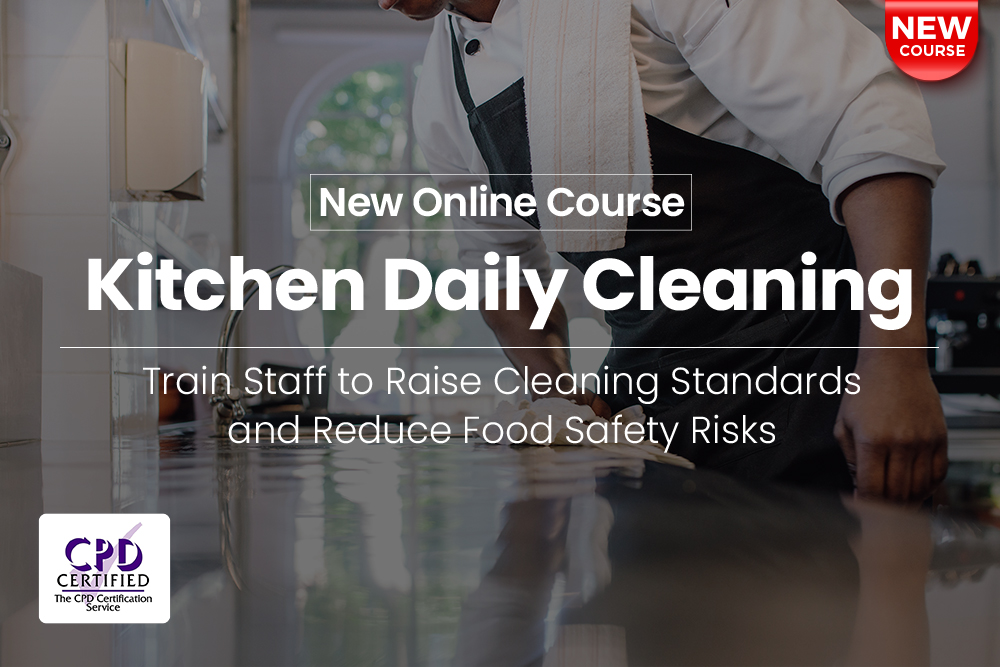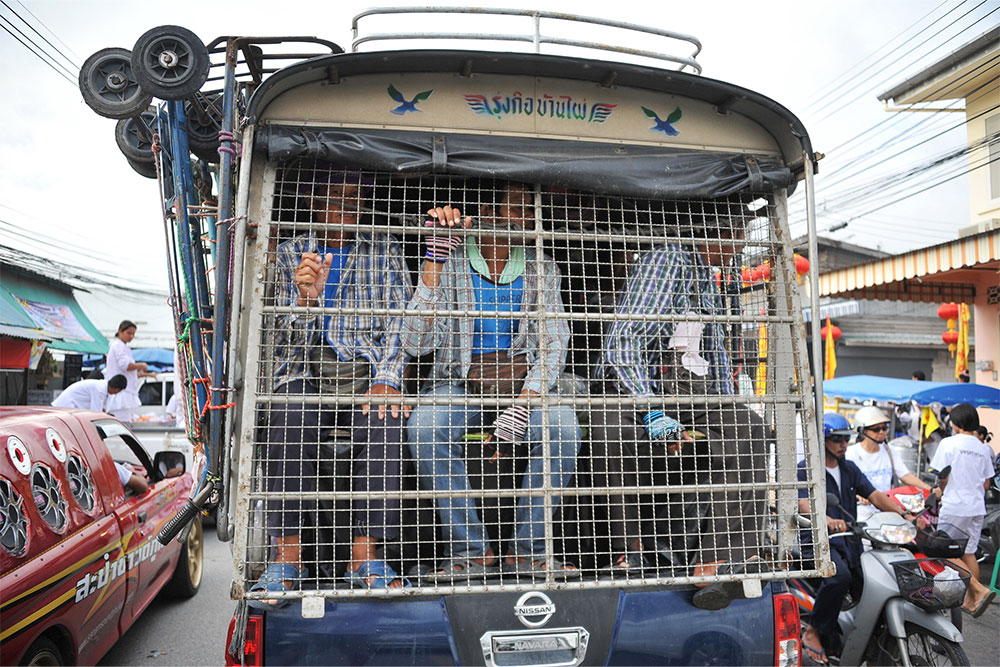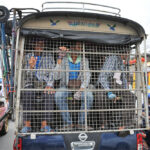
All lifting equipment and operations must comply with LOLER – the Lifting Operations and Lifting Equipment Regulations 1998.
But what happens if you fail to follow LOLER?
This guide explores the consequences of non-compliance and what you can expect if you fail to meet your LOLER duties.
What are LOLER Regulations?
LOLER regulates lifting equipment and lifting operations.
Under LOLER, all parties that own, operate or control lifting equipment must ensure it’s:
- Installed and positioned safely
- Marked with its safe working load (SWL)
- Examined for defects or safety issues regularly
(These are in addition to general requirements to ensure work equipment is safe, as outlined in PUWER – the Provision and Use of Work Equipment Regulations 1998.)
Similar requirements apply to lifting operations, which are defined under Regulation 8 of LOLER as operations “concerned with the lifting or lowering of a load.” (The term “load” can describe objects, animals and people.)
Under LOLER, lifting operations must be planned, supervised and carried out by people who have the skills, knowledge, experience and training to do so safely. This combination of qualities is known collectively as “competence.”
What Counts as Lifting Equipment?
Lifting equipment describes any equipment (including employees’ own) that’s used to lift or lower a load at work.
This definition includes but is not limited to:
- Cranes
- Forklifts
- Hoists
- Mobile elevated work platforms (MEWPs)
Since a “load” also describes people, equipment such as patient hoists and passenger lifts used by workers are considered lifting equipment.
Equipment used to attach a load to lifting equipment is also covered by LOLER, even if it’s not a permanent fixture. Examples include slings, chains, hooks and ropes. Collectively, such equipment is described as “lifting accessories” under LOLER.

What Happens if You Fail to Follow LOLER?
As with any health and safety regulations, there are consequences if you fail to follow LOLER.
Below, we’ve collected a few examples of what can happen if your lifting equipment or operations breach regulations.
Enforcement Action
Improvement Notices
The Health and Safety Executive (HSE) enforces LOLER compliance. It will take legal action against employers for gross misconduct, but the organisation prioritises improvement over punishment.
For minor infractions, the HSE will first issue improvement notices. Improvement notices list the regulation breached and describe what needs to be done to correct it. You’ll typically be given 21 days to comply, but the inspector who issues the notice can change this if they feel the problem needs more urgent attention.
If you don’t action the improvement notice within the given time, the HSE will escalate proceedings.
One steel fabricator was issued an improvement notice under LOLER for missing thorough examinations on two of its cranes. Despite being granted an extension, the organisation failed to arrange the examinations in time. As a result, the HSE sought prosecution and fined the company £13,333, plus costs of £2,527.
The cost of the two missing examinations was about £650. When the cranes were finally examined, both were found compliant.
Prohibition Notices
Prohibition notices are a step up from improvement notices. If an HSE inspector believes any work activity carries a risk of serious personal injury, they can serve a prohibition notice to stop that activity from happening.
Fines
Fines are proportional to the breach, so expect to pay more for serious health and safety failings. Larger organisations often face heavier fines, too, as they should have the resources to ensure compliance across their operations.
One car manufacturer was fined £200,000 for allowing its technicians to use vehicle lifts known to be defective. Although no one was actually harmed, using the faulty equipment put the technicians at grave risk.
Accidents
Enforcement action ideally happens before anyone is hurt. But too often, non-compliance is revealed by an accident, not an HSE inspector.
LOLER is designed to prevent harm. It sets standards for equipment and ensures that only competent people can plan, supervise and carry out lifting operations.
Of course, even with regulations in place, accidents do happen. Two workers installing a window pane on a residential tower in London fell a staggering 90ft when the cradle they were working on gave way. Incredibly, the two men survived without any permanent injuries.
The post-incident investigation revealed that the cradle’s manufacturer failed to test it before shipping. The company overseeing the work also failed to test the cradle after installation despite LOLER making this necessary. As a result, a fault was missed and the cradle failed while two men were suspended nine storeys above the streets of London. Their survival is nothing short of a miracle.
Reputational Damages
Non-compliance doesn’t just put people at risk; companies are left vulnerable, too. The HSE maintains a public register of convictions for non-compliance on its website.
If you fail to follow LOLER and are convicted, it will be a matter of public record. Stakeholders don’t typically want to be associated with a company known to risk the safety of its workers or the public.
Bankruptcy
Accidents are expensive. Numbers obviously vary, but employers pay out an average of £1,900 for a non-fatal accident. For a fatal accident, the average is £111,500.
But these figures only come from the immediate costs. They exclude potential fines, liabilities, compensation, higher insurance premiums and reputational harm. Some organisations, especially smaller ones, simply can’t survive the snowballing costs of a serious accident.
Fatalities
The worst outcome of any accident is a fatality. And fatalities, sadly, aren’t unheard of in lifting operations.
Falls from height are the most common fatal work-related accident and have been for some time. Not every incident was the result of failing to follow LOLER, but lifting operations are a prime setting for fatalities.
In one incident, a worker was fatally struck by a remote-controlled crane while unloading a lorry. The HSE investigation revealed the operation had not been planned nor supervised in line with LOLER. Moreover, the worker wasn’t adequately trained in the risks presented by the crane.
Imprisonment
Employers who fail to follow LOLER can face imprisonment if their negligence leads to people dying.
Prison sentences can last up to two years and are in addition to fines, legal liabilities and the heavy moral burden.
Key Takeaways
- If you fail to follow LOLER, you risk legal action, including prohibition notices, unlimited fines and even imprisonment.
- Poorly planned lifting operations put lives at risk and are a direct violation of LOLER regulations.
- Non-compliance can cause significant reputational damage and escalating costs, potentially leading to bankruptcy.
- Following LOLER is essential to prevent accidents and protect both employees and your business.
How Can I Comply with LOLER?
Your team must be fully trained and competent in handling lifting operations to avoid the consequences of non-compliance with LOLER.
Our online LOLER Training is specifically designed to help duty holders meet all legal requirements for lifting equipment and operations.
Over six modules, it provides you with the critical skills and knowledge needed to plan, supervise and carry out lifting operations safely. It also covers equipment inspection and comes with two free digital checklists so you can easily document and prove compliance.



























































































































































































































































































































































































































































































































































































































































































































































